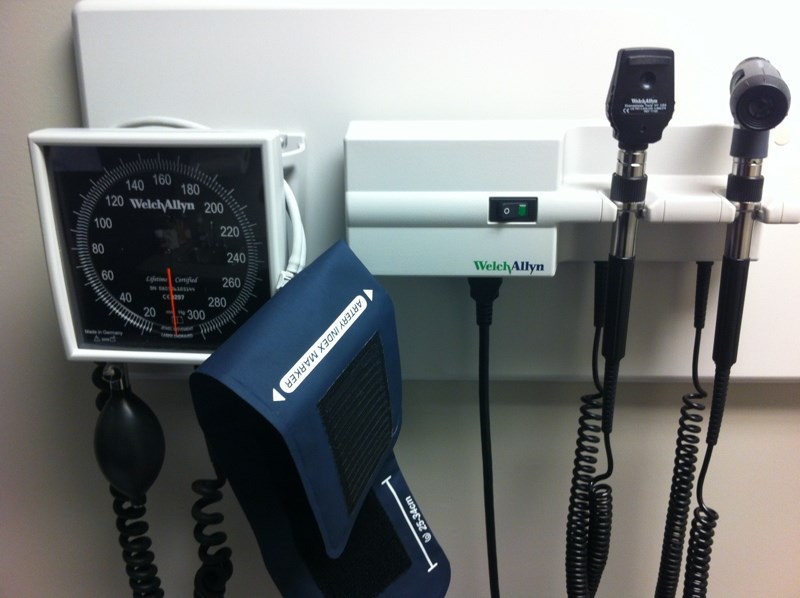Federal officials have closed two shellfish farms near Vancouver Island following an outbreak of norovirus linked to people eating raw oysters.
The B.C. Centre for Disease Control confirmed Monday that health authorities have reported about 40 cases of the acute gastrointestinal illness since early March.
Norovirus causes vomiting and diarrhea for up to three days and can lead to dehydration in the very young and elderly.
“All of the ill people reported consuming raw B.C. oysters,” provincial health officials said. “Laboratory testing has confirmed the presence of norovirus in some of the cases and it is suspected in the others.”
Marsha Taylor, an epidemiologist at the centre for disease control, said in an interview that all the cases to date are on the Lower Mainland.
“There aren’t any current cases on Vancouver Island, but we know there’s a lot of investigation ongoing and we expect more cases,” she said.
The federal Department of Fisheries and Oceans said Monday that it closed two farms between Denman Island and Vancouver Island as a precautionary measure due to the potential presence of norovirus.
“The closures of the shellfish facilities are temporary and will be rescinded when results from [Canadian Food Inspection Agency] and Health Canada indicate there is no further risk of human illness,” the department said in a statement.
In the meantime, B.C. health officials are warning people about the outbreak and advising them to take precautions when eating oysters.
“The best way to reduce their risk is to cook those products,” Taylor said.
The centre for disease control is advising people to cook oysters to an internal temperature of 90 C (194 F) for at least 90 seconds and says “the consumption of raw oysters is not encouraged.”
Provincial health officials also notified restaurants and stores Monday about the outbreak and asked them to inform customers about the risks of eating raw oysters.
Restaurants are supposed to refer customers to their health authority if they become sick after consuming oysters.
A prolonged outbreak in late 2016 and early 2017 resulted in reports of 347 people falling ill in B.C., Alberta and Ontario from eating B.C. oysters, according to the Centre for Disease Control’s annual report.
The Canadian Food Inspection Agency and the Department of Fisheries and Oceans closed 12 oyster farms before the outbreak was declared over on April 18, 2017.
“It is hypothesized that human sewage led to the contamination of the marine environment,” the report states. “It is likely that environmental conditions such as prior heavy rainfalls, followed by cold temperatures and low [ultraviolet] light played a role in allowing [norovirus] to persist and contaminate shellfish beds.”
The centre says people should call B.C. HealthLink at 811 if they get sick with diarrhea and vomiting after eating shellfish, and to see a doctor if symptoms persist or worsen.



